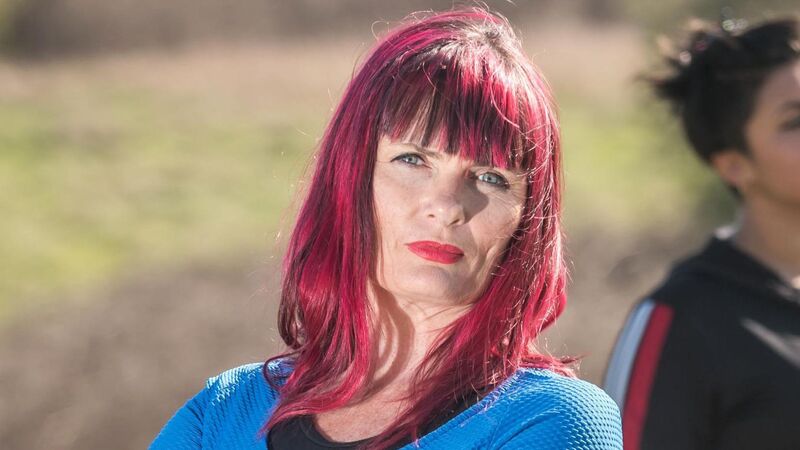Suzanne Harrington: Catastrophe in Gaza has resulted in some tricky, delicate conversations

What’s happening in Gaza has created ripples all the way into the private space inhabited by my partner and I. Picture: Andrew Hasson
How do you privately negotiate something that has been baffling international diplomatic negotiation for decades now? How do you navigate something within the arena of your personal life that is the cause of such horror in the wider world?
Carefully is how. What’s happening in Gaza has created ripples all the way into the private space inhabited by my partner and I. We are on different pages. As the UK media gaslights its citizens with selective broadcasting about what the state of Israel is doing to the people of Gaza, in Ireland our reaction is quite different; we are the most pro Palestinian country in the EU.






